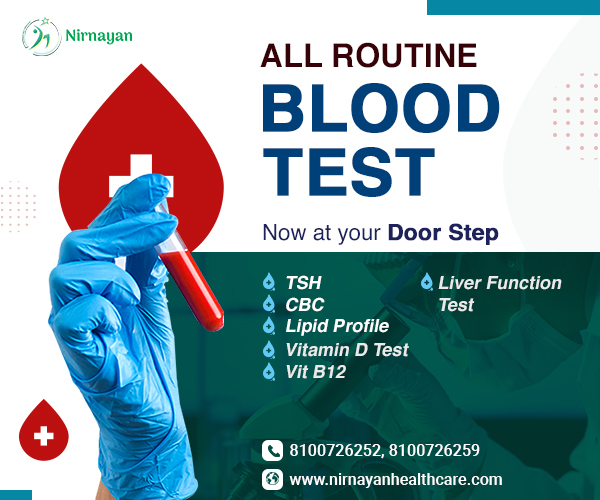Fade up with your bowel? Is it interrupting your daily lifestyle? Feeling discomfort at its peak? That’s not the end episode; wait for a while to manage your irritable bowel syndrome. It’s the kind of condition that can leave you feeling frustrated, misunderstood, and a bit helpless, but the good news is that managing IBS is possible! Yes, again, you can lead a healthy life with a healthy gut.
But it requires some management to stop your Irritable Bowel Syndrome. With a blend of modern treatments, lifestyle adjustments, and a bit of patience, you can regain control and live a life that’s free from the constant discomfort of IBS flare-ups.
What is Irritable Bowel Syndrome(IBS)?
IBS has been a functional digestive disorder for a long time, also referred to as a disorder of gut-brain interactions. Causes of IBS arise from issues in the way your brain and gut communicate with each other. Such disruptions can make your gut more sensitive, resulting in increased abdominal pain and bloating. Additionally, changes in the way the muscles of the bowel contract can lead to irregular bowel movements, causing either diarrhoea, constipation, or a combination of both.
Symptoms of Irritable Bowel Syndrome:
The signs and symptoms of IBS may occur and vary in every individual. These signs can be noticed for a long time and as well affect your life and health.
- Pain in your belly or stomach
- Cramps in your stomach
- Abdominal pain
- Stool colour changes
- Changes in stool forms
- Bloating
- Excessive gastritis
- Diarrhoea
- Constipation
- Discomfort in your stomach
What to do to manage IBS:
So, how do you go from dealing with the discomfort to managing it? A healthy life does not mean only healthy eating; it also requires proper planning for your diet. Remember, what you eat and when you eat are both your gut’s best friend or the big enemy. So, attention is essential for your daily diet for choosing your food items, keeping in mind their benefits for your overall wellness.
Diet for your healthy gut:
Your diet plays a crucial role in maintaining your healthy gut, and it also boosts the power of your digestive system.
- Essential Fibre: Allow fibre-rich food items like whole grains, fruits, vegetables, oats, and many more, most preferably for soluble fibre foods.
- Foods that need to be avoided: Common offenders like spicy foods, fatty meals, dairy, caffeine, and alcohol can irritate your gut and trigger symptoms of IBS. Try to reduce their intake quantity, and it’s better to avoid them for a safe and healthy gut.
- Hydration: Don’t say NO to water. By staying hydrated, your digestive system may function properly. The doctor may recommend you drink at least 8-10 glasses of water daily. Dehydration can worsen constipation and contribute to bloating, so aim to drink plenty of water throughout the day.
- Go Low FODMAP: FODMAPs (Fermentable Oligosaccharides, Disaccharides, Monosaccharides, and Polyols) are short-chain carbohydrates that are difficult to digest. Foods rich in FODMAPs, such as onions, garlic, certain fruits, and beans, can cause bloating, gas, and discomfort in IBS sufferers
- Probiotics: Probiotics, which are good bacteria found in foods like yoghurt, kefir, and supplements, can help restore the balance of your gut flora and promote better digestion.
- Reduce Fatty Foods: Finding fatty foods all the time is not good, and you need a proper diet. High-fat foods can be risky to your gut health, so to reduce IBS chances, you can limit fatty food intake, including fried foods, cakes, pastries, and many more.
Limit or Avoid Stress:
In today’s fast world, stress is a very common issue, whether due to your lifestyle, office, or health. Stress has a direct link to your gut, in which proper digestion is not completed due to stress. So, managing stress is essential for a healthy stomach by adding meditation, relaxation, and good sleep.
Choose the right food:
To avoid such harmful food items, you need to select the right foods for the right meals. Maintaining a low-FODMAP diet with the guidance of your medical professionals or dietitian is much needed for a healthy stomach and to avoid the risk factors of IBS. Also, manage your diet with perfect timing so that your empty stomach does not cry for food.
Regular Exercise:
Exercise is not only beneficial for your overall health but also plays a key role in managing IBS. It promotes healthy digestion by encouraging regular bowel movements and helps alleviate stress, which is often a trigger for IBS flare-ups.
When to need a medical checkup:
When the discomfort crosses its boundary by extreme pain, bloating, or irregular bowel movement that does not keep your health in a normal state, then you need to consult with your medical professionals for relief. Over-the-counter remedies like anti-diarrheal medications or fibre supplements can be useful, but it’s important to consult with a healthcare professional before starting any new medications. Regular check-ups can ensure that you’re on the right track.
Pathology Blood tests for treating IBS:
If you are struggling with IBS, you need to check your health status by doing blood tests, urine tests, and stool tests. Blood tests like
CBC TEST,
AMYLASE TEST,
LIPASE TEST,
LIPID PROFILE TEST, and
LIVER FUNCTION TESTS are available at Nirnayan, the best pathology lab in Kolkata and Siliguri.
Do your tests at Nirnayan and get accurate reports on time.
Conclusion:
By adjusting your diet, managing stress, staying hydrated, and incorporating the right treatments, you can take charge of your digestive health and live comfortably without letting IBS dictate your life. All you need for your healthy gut: Nirnayan Healthcare offers every pathology test at a reasonable price, so check your health fast without delay!




